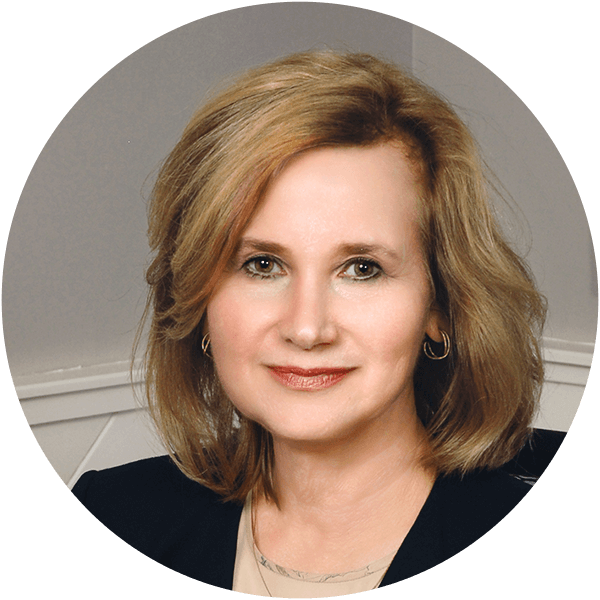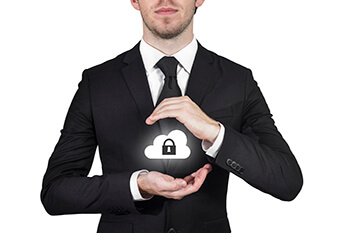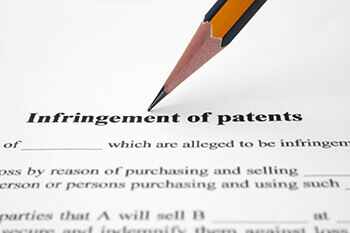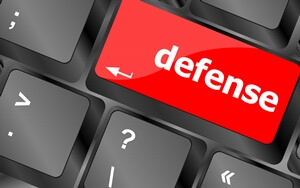Intellectual Property Law
Protecting Your Software: Patent vs. Copyright Protection
Software can be protected under copyright or patent doctrines. However, both of these doctrines provide different levels of protection, so you should choose wisely.
Copyright is for original works, like songs, books, and software code. A copyright protects what’s known as the “expression” of your work. Copyright protects your software code from being copied and used without your permission. Copyright protection allows you to exclusively make copies of the work, distribute the work, make derivative works, and share or perform the work in public. A copyright lasts for the lifetime of the author, plus 70 years. As soon as your work is in “fixed and tangible form” it is automatically copyrighted. However, officially registering copyright with the U.S. Copyright Office provides additional benefits and is relatively inexpensive. Copyright, however, doesn’t protect the idea behind the code, only its expression (the code itself).
A patent protects an invention or an original idea. Software patents are usually utility patents and must qualify as a machine, process, article of manufacture, or composition of matter. Patents can be used to prevent other people from using, importing, or selling your software. The powerful protection of a patent can only be granted if the software is new and original, useful, and nonobvious. A patent lasts for 20 years. Applying for a patent is very expensive and can cost thousands to tens of thousands of dollars. Additionally, the application process for obtaining a patent is complicated and can take up to two years.

Mary Casey
Managing Attorney
PHONE: 508-393-9244
EMAIL: casey@harborlaw.com
Mary Casey is a business law and intellectual property attorney.
Ms. Casey brings over twenty years of senior level technical and management experience in biomedical research, medical and bio-electronic device design and fiber optic and computer technology. The combination of hands-on technical experience and legal expertise gives Ms. Casey a unique understanding of her clients' business issues and needs which makes her an effective counselor.
Find out more about issues in our related practice areas
Intellectual Property Law
Trademark Protection
Trade Secrets
Copyrights
Patents
Intellectual Property Law
Insights, opinions and decisions you should know about

Defend Trade Secrets Act: Two Years Later
It has been more than two years since President Obama signed the Defend Trade Secrets Act (DTSA) into law, which created a federal, private, civil cause of action for trade-secret misappropriation in which “[a]n owner of a trade secret that is misappropriated may...

Where Do You Sue for Patent Infringement? – Proper Venue Post ‘TC Heartland’
In May of 2017, the Supreme Court unanimously reversed the Federal Circuit’s 25-year-old precedent on venue for corporate defendants.[1] Venue is the proper or most convenient location for trial of a case, and is governed by state and federal statutes. The 10-page...

Cost-Effective Mechanisms for Enforcing Intellectual Property Rights
In my practice, I counsel small and midsize business clients, many of which are astute with regard to securing their intellectual property rights. They have federally registered their trademarks with the U.S. Patent and Trademark Office, secured a portfolio of patents...

How Do I Defend a Patent Lawsuit?
The Top 5 Ways to Defend Your Company in Patent Infringement Litigation You discover that your company has been sued for patent infringement. After reviewing the patent cited in the complaint, you determine that the technology described relates to your company’s...
Get in touch with us.
Learn more about how we can help.